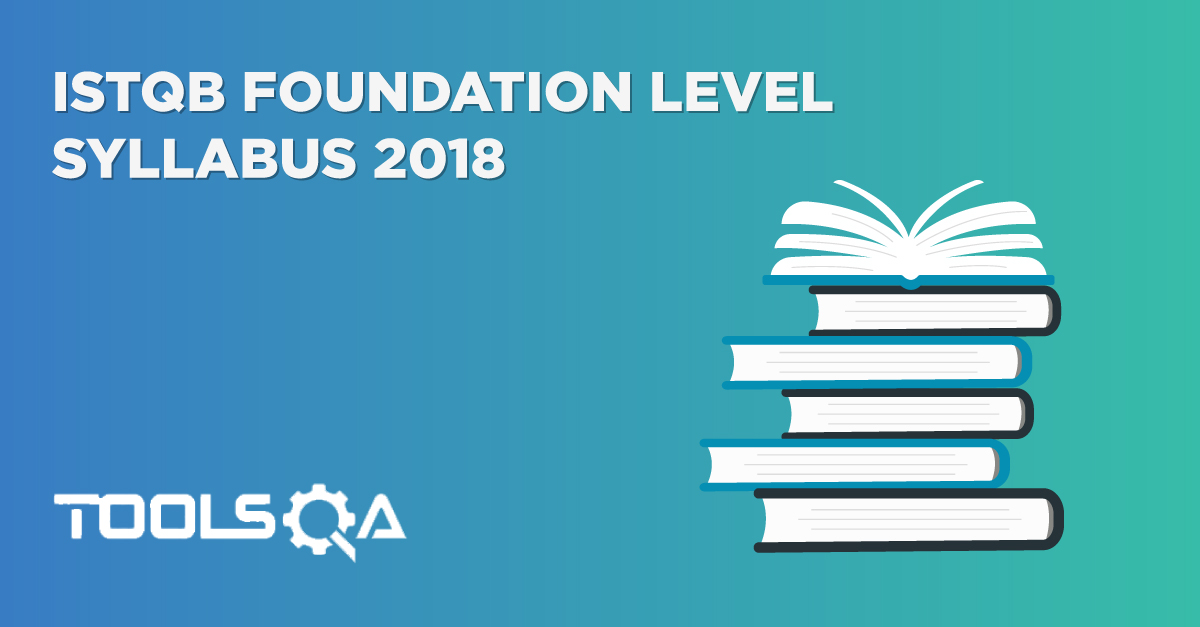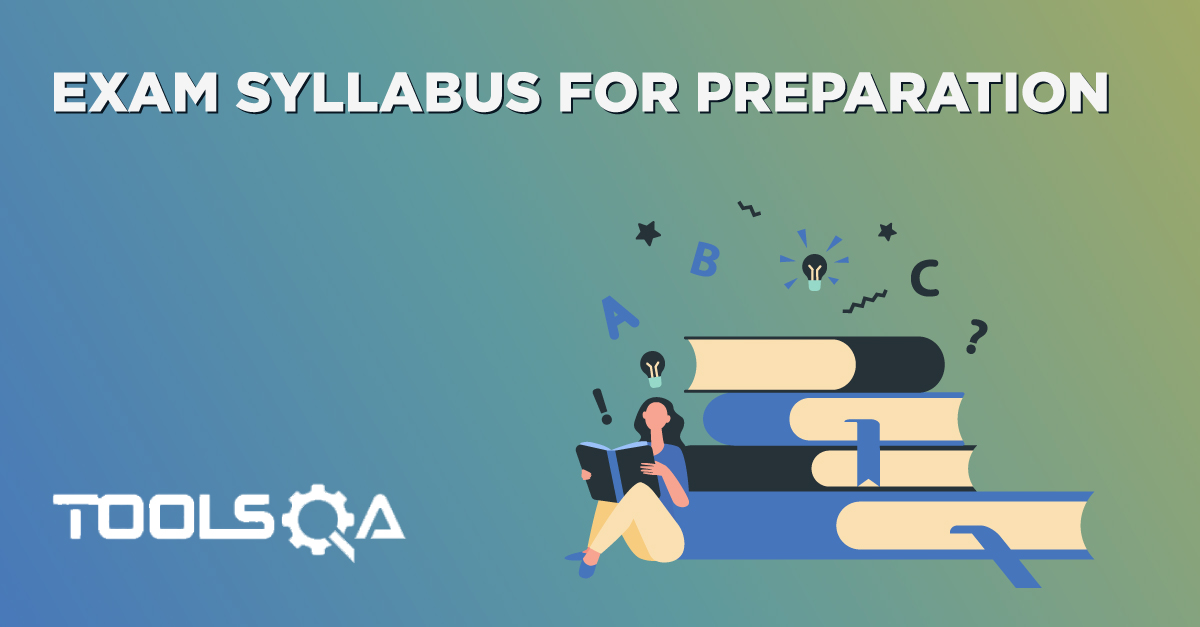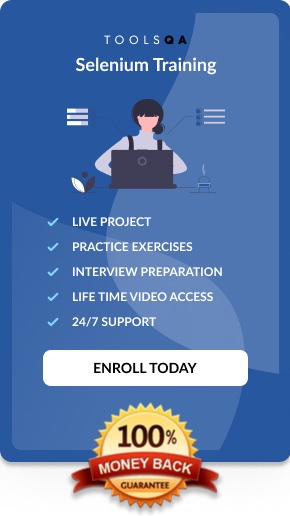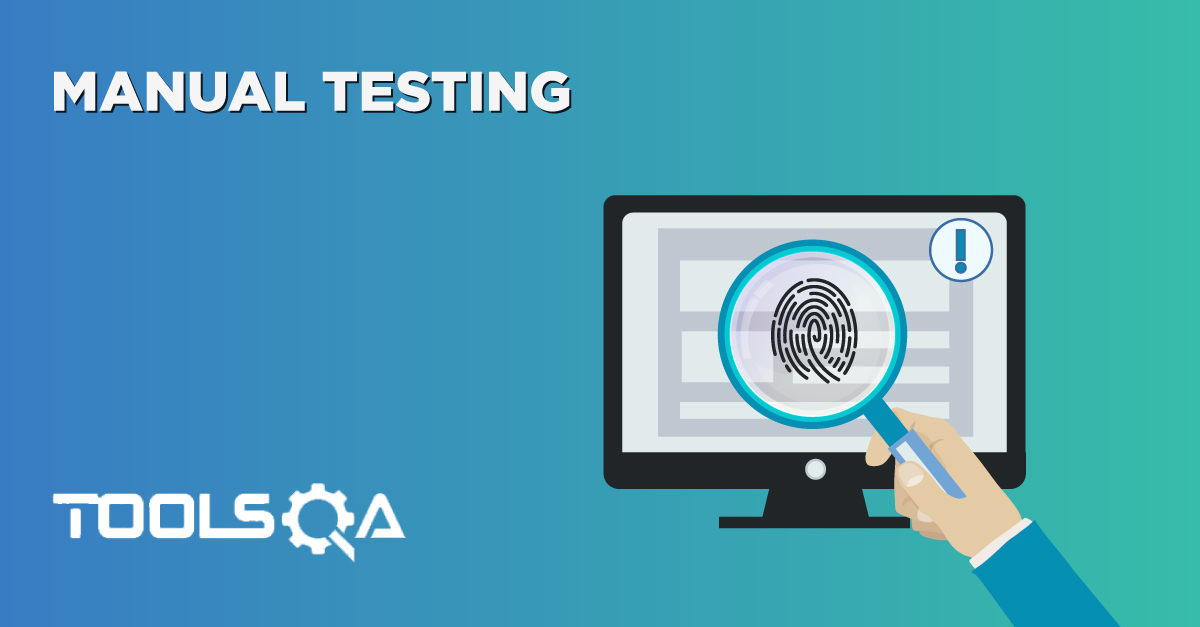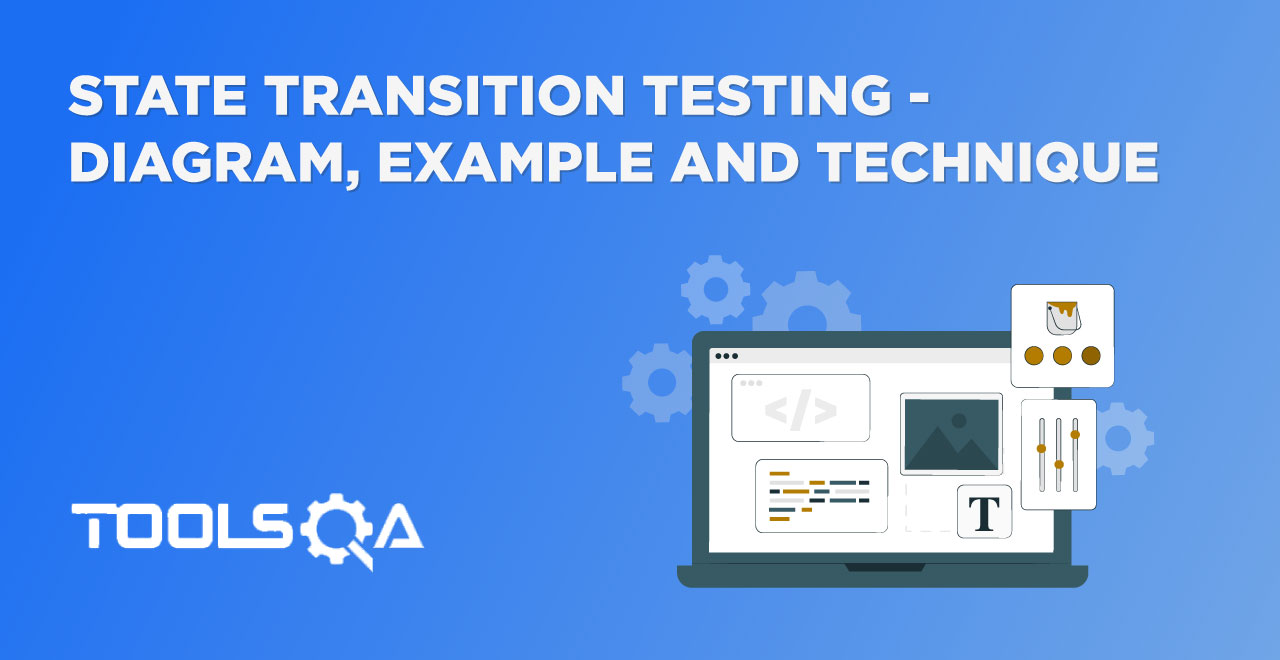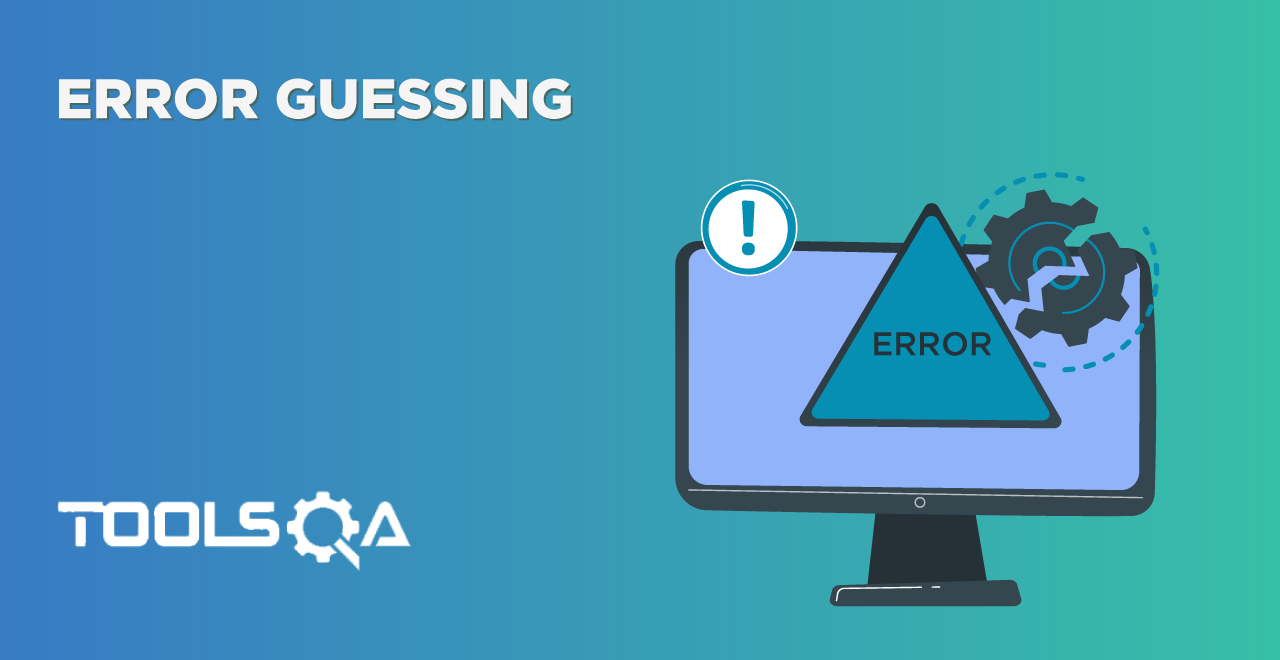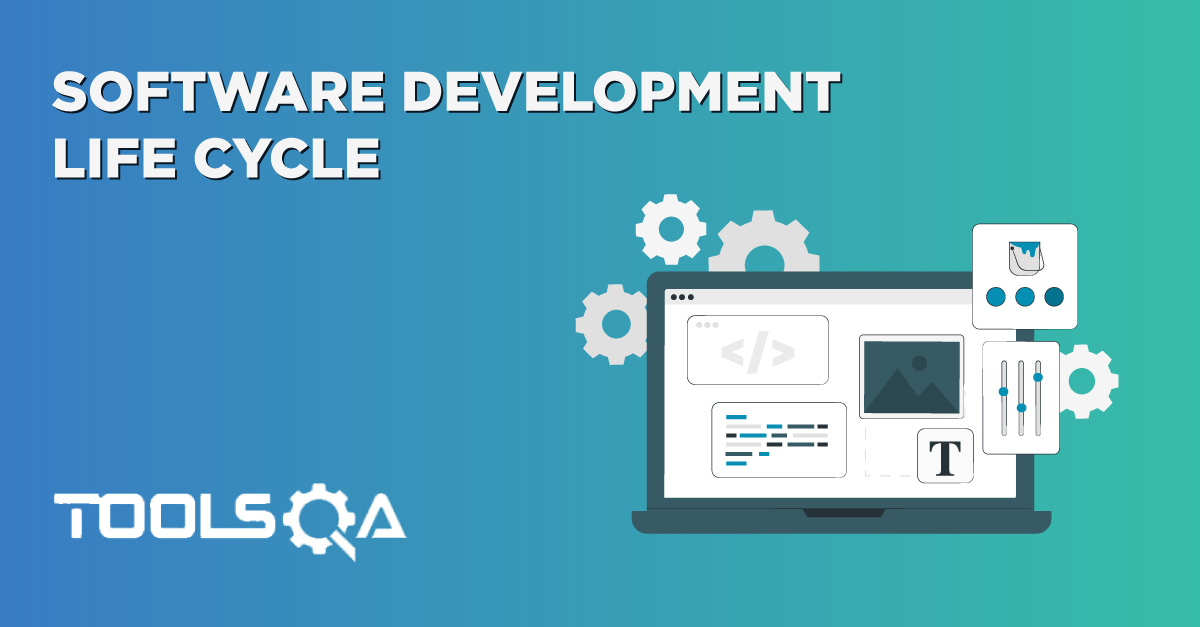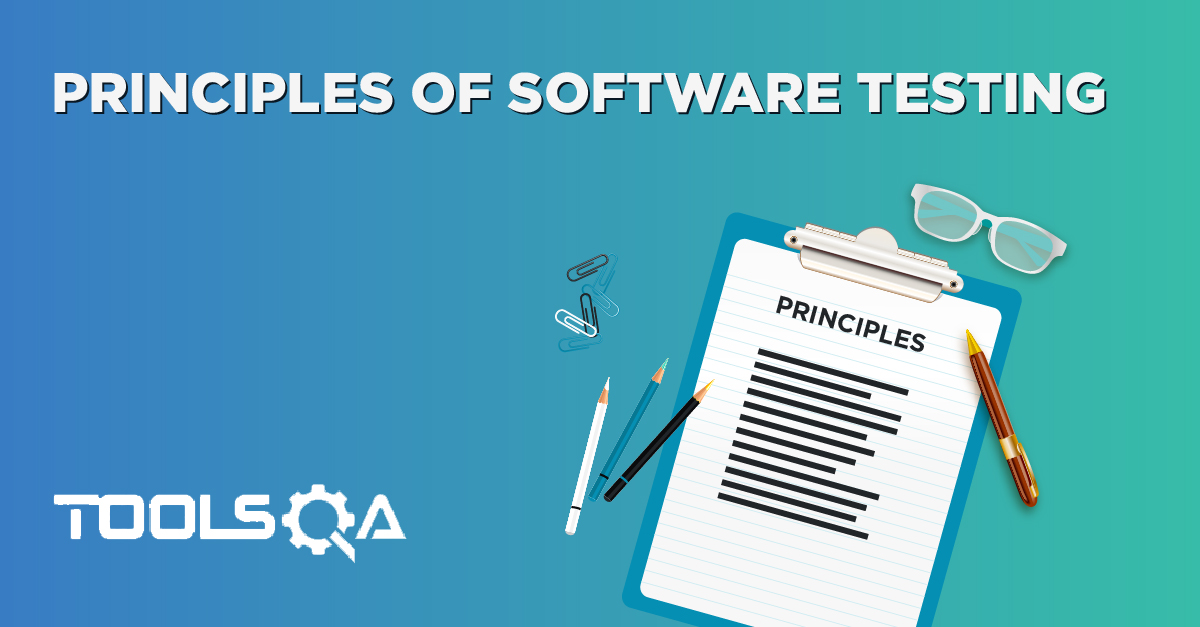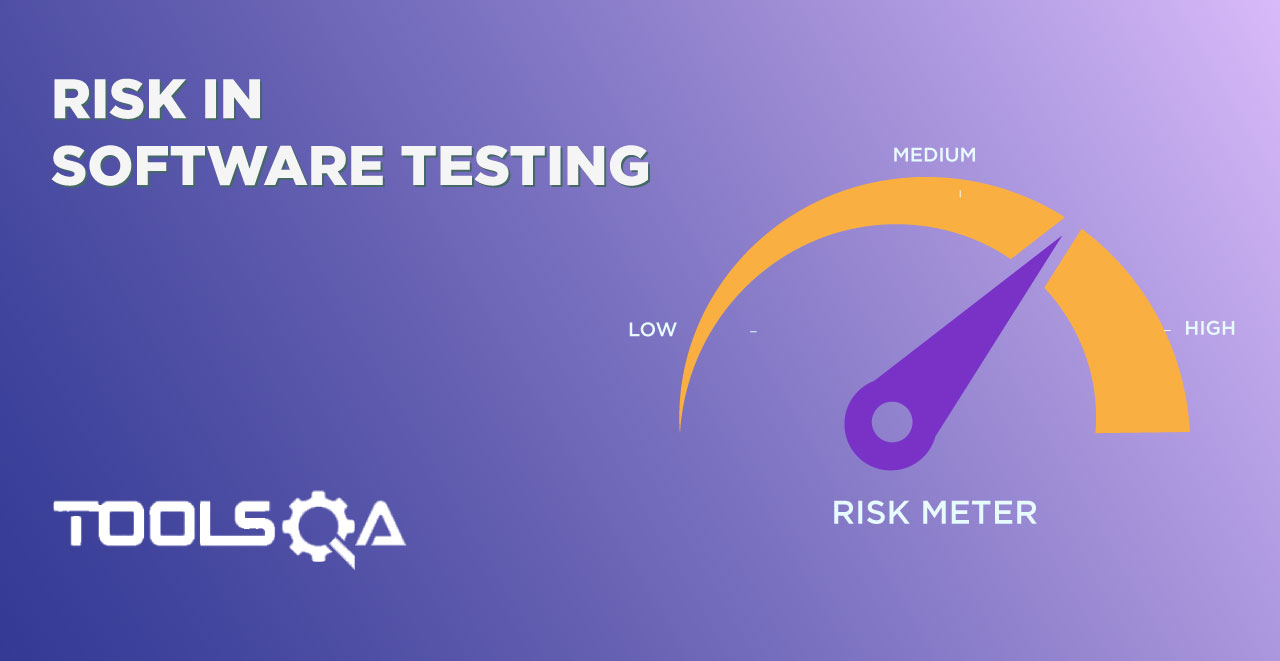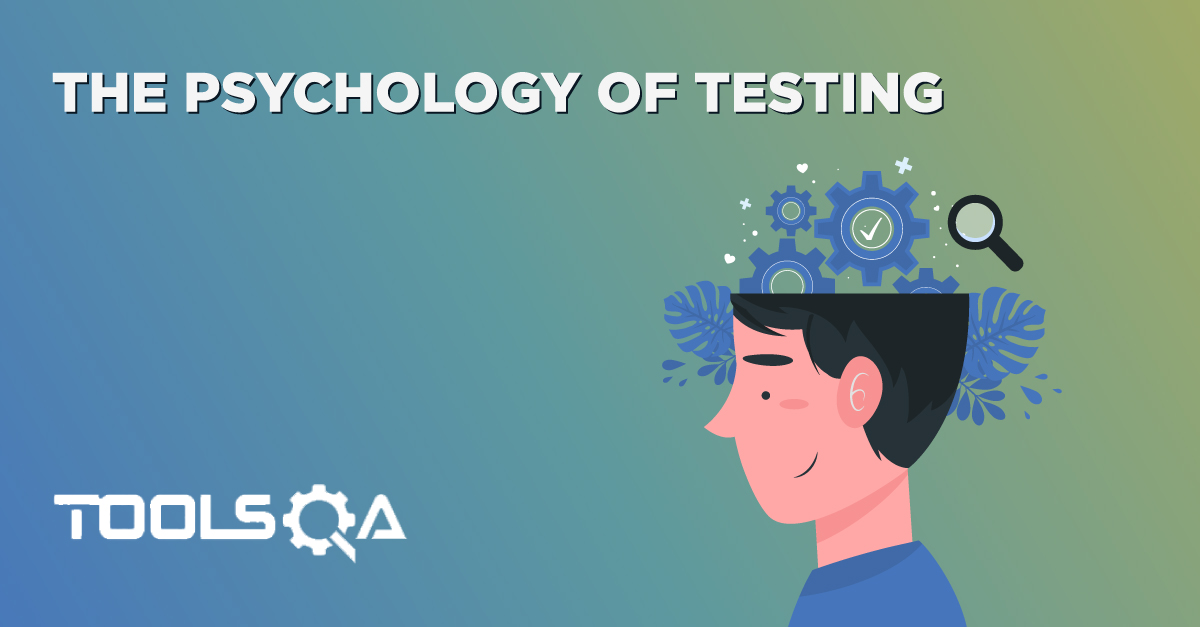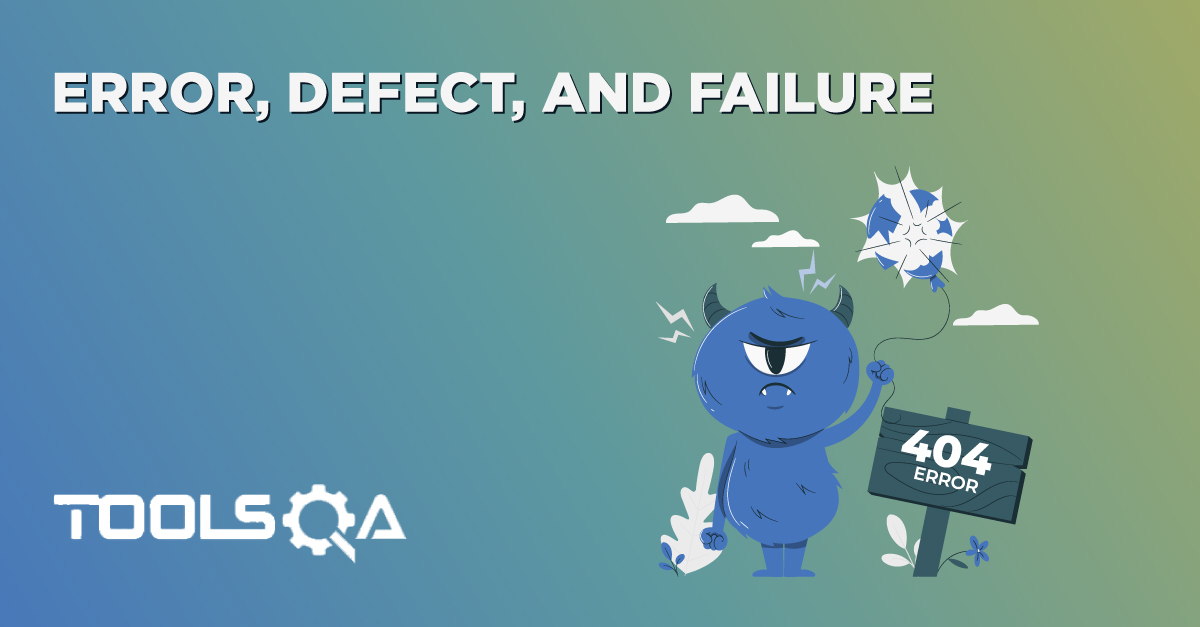To get an ISTQB Certification (ISTQB® Certified Tester Foundation Level Certificate) you must successfully pass the ISTQB Foundation Exam administered by your National or Regional Board or Examination Provider.
Upon successful completion of the exam, you will be issued with an ISTQB® Foundation Level Certificate, which is internationally recognized. The exam aims to verify that the candidate has acquired the professional knowledge contained in the syllabus.
ISTQB Foundation Level Certification
The Foundation Level exam is characterized by:
- 40 multiple-choice questions - There is no negative marking in the exam
- a scoring of 1 point for each correct answer
- a pass mark of 65% (26 or more points)
- a duration of 60 minutes (or 75 minutes for candidates taking exams that are not in their native or local language).
Exam questions are distributed across K-levels, which represent deepening levels of knowledge, as shown in the following table:
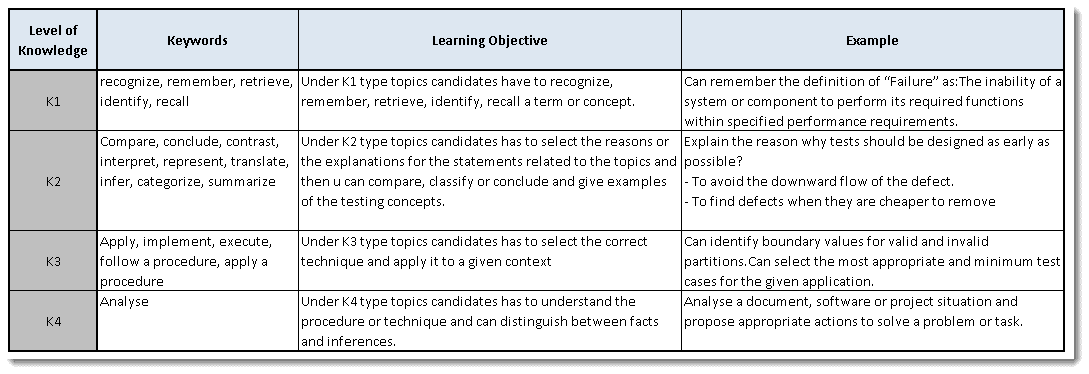

Exam questions are distributed across Syllabus chapters as shown in the following table:

Please refer to the Web Sites of the ISTQB® Member Boards and ISTQB® Accredited Training Providers for exam and training availability.
Who all should take this course?
The Certified Tester Foundation Level in Software Testing
The Foundation Level qualification is aimed at anyone involved in software testing. This includes people in roles such as testers, test analysts, test engineers, test consultants, test managers, user acceptance testers and software developers.
This Foundation Level qualification is also appropriate for anyone who wants a basic understanding of software testing, such as project managers, quality managers, software development managers, business analysts, IT directors, and management consultants. Holders of the Foundation Certificate will be able to go on to a higher level software testing qualification.
ISTQB Certification Exam - Scoring Break-Up
Below is the division of ISTQB Exam Syllabus with K-Level Break-Up.
1) The Fundamentals of testing: (K2)
- Why is testing necessary? (K2)
- What is Testing? (K2)
- Testing Principles (K2)
- Fundamental Test Process (K1)
- The psychology of Testing (K2)
2) Testing throughout the life-cycle: (K2)
- Software development models (K2)
- Test Levels (Eg. Unit testing, Component testing, Integration testing,etc.) (K2)
- Test types (Functional, non-functional, structural, change-related testing) (K2)
- Maintenance testing (K2)
3) Static testing: (K2)
- Reviews and the Test process (K2)
- Review Process (K2)
- Static analysis by tools (K2)
4) Test design techniques: (K4)
- Identifying test conditions and designing test cases (K2)
- Categories of test design techniques (K2)
- Specification-based or Black Box techniques (eg. BVA, Equivalence Partitioning) (K3)
- Structure-based or white Box techniques (K4)
- Experienced based techniques (Error guessing and Exploratory guessing) (K2)
- Choosing a Test technique (K2)
5) Test Management: (K3)
- Test organization (K2)
- Test Plans, estimates and strategies (K3)
- Test progress, monitoring and control (K2)
- Configuration management (K2)
- Risk and testing (K2)
- Incident management (K3)
6) Tool support for testing: (K2)
- Types of test tools (K2)
- Effective use of tools (K2)
- Introducing a tool into an organization (K1)
